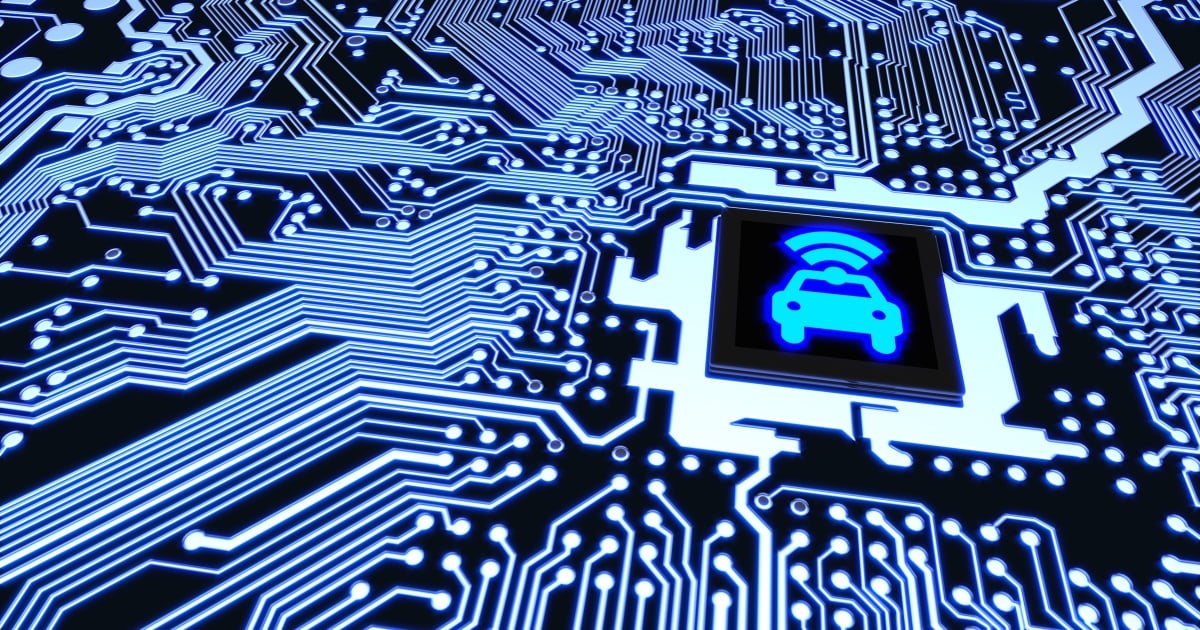
Kontakt.io, an Internet of Things location platform provider, has announced that it will collaborate with the IOTA Foundation, the non-profit open-source foundation behind IOTA. Together they hope to integrate IOTA’s next generation distributed ledger technology using Kontakt.io’s location platform.
The process is designed to enable tamper-proof and chargeable readings of smart sensor data. This will assist healthcare operators and supply chain firms, which monitor environmental conditions for compliance reasons with fully transparent ways for storing and reporting on telemetry data.
“IoT and blockchain technologies naturally go hand in hand because they have a lot in common,” said Philipp von Gilsa, CEO, Kontakt.io. “Both are decentralized, their markets are in early stages, and a limited number of players showcased successful applications. We are starting our blockchain initiative with IOTA to speed up adaptation and innovation in both spaces.”
Many publications have covered potential advantages of combining blockchain and IoT technologies but there have not been many large-scale deployments to back up the theory. The partnership between Kontakt.io and IOTA reportedly is going to bring a concrete solution, designed specifically for condition monitoring and asset tracking.
Using mechanisms of Distributed Ledger Technology, the Kontakt.io and IOTA solution will ensure that device-to-device and device-to-cloud communication of telemetry streams is encrypted and the data is unalterable. It will increase trust and transparency, ease dispute resolution, result in better compliance breach detection and consequently prevent faulty products from being delivered to consumers.
“Up until now, we have not heard about successful blockchain applications in IoT because of the amount of computing needed to execute a transaction,” said Lukasz Szelejewski, CTO, Kontakt.io. “In IoT, where a transaction involves tiny bits of data transferred by small battery-powered devices, blockchain has been too expensive and energy-consuming to succeed. We have decided to work with IOTA because it removes the cost barrier, and it needs little computing power to confirm transactions. Moreover, IOTA, unlike blockchain or Ethereum, is capable of processing a lot of operations in almost real time. In fact, the more transactions it has queued, the faster it scales. For all these reasons, IOTA makes Proof of Work possible and efficient in the IoT environment and is likely to become the next security standard for IoT.”
The IOTA module will become a part of Kontakt.io’s offering for healthcare and supply chain. The company has developed a working prototype of this solution and has scheduled first commercial rollouts later this year. The next goal is to offer IOTA beacons in prototyping kits.
Chrissie Cluney has been a correspondent for IoT Evolution World since 2015. She holds a degree in English with a concentration in writing from the College of Saint Elizabeth.Edited by
Ken Briodagh





